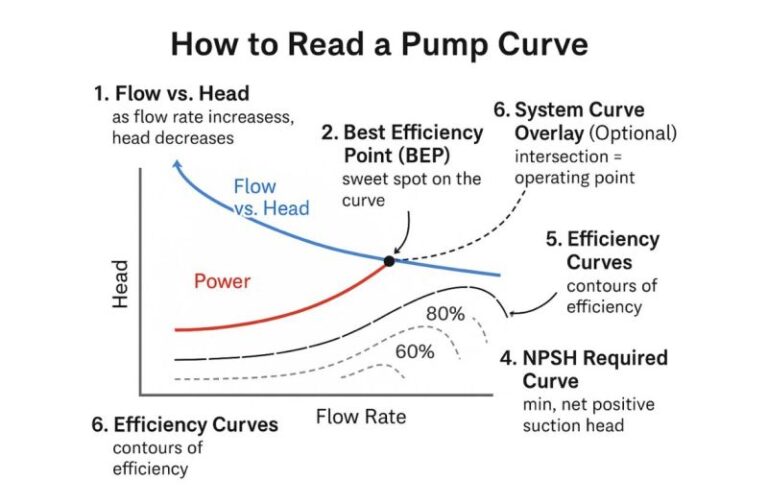Motor starting studies involve the analysis and evaluation of various factors related to the starting of electric motors. These studies aim to ensure that motors start smoothly, efficiently, and reliably, without causing damage to the motor itself or to other equipment connected to the electrical system.
Here are some key aspects typically covered in motor starting studies:-
𝟏. 𝐕𝐨𝐥𝐭𝐚𝐠𝐞 𝐃𝐫𝐨𝐩 𝐀𝐧𝐚𝐥𝐲𝐬𝐢𝐬:- During motor starting, there is a significant inrush current drawn by the motor, which can lead to voltage drops in the electrical system. Voltage drop analysis assesses the extent of voltage reduction and ensures that it remains within acceptable limits to prevent damage to other equipment.
𝟐. 𝐌𝐨𝐭𝐨𝐫 𝐒𝐭𝐚𝐫𝐭𝐢𝐧𝐠 𝐌𝐞𝐭𝐡𝐨𝐝 𝐒𝐞𝐥𝐞𝐜𝐭𝐢𝐨𝐧:- Different methods can be employed to start motors, such as direct-on-line (DOL) starting, star-delta starting, soft starters, and variable frequency drives (VFDs). Motor starting studies help in selecting the most appropriate starting method based on factors like motor size, load characteristics, and system constraints.
𝟑. 𝐓𝐫𝐚𝐧𝐬𝐢𝐞𝐧𝐭 𝐀𝐧𝐚𝐥𝐲𝐬𝐢𝐬: Transient analysis involves studying the dynamic behavior of the electrical system during motor starting, considering factors such as electromagnetic transients, voltage fluctuations, and system response time. This analysis ensures that the system remains stable and unaffected by the sudden change in load during motor startup.
𝟒. 𝐌𝐨𝐭𝐨𝐫 𝐀𝐜𝐜𝐞𝐥𝐞𝐫𝐚𝐭𝐢𝐨𝐧 𝐓𝐢𝐦𝐞:- The time taken by a motor to reach its rated speed from a standstill condition is critical for system performance and equipment protection. Motor starting studies analyze the acceleration time and ensure that it falls within acceptable limits.
𝟓. 𝐄𝐪𝐮𝐢𝐩𝐦𝐞𝐧𝐭 𝐂𝐨𝐨𝐫𝐝𝐢𝐧𝐚𝐭𝐢𝐨𝐧:- Motor starting studies consider the coordination between various protective devices, such as circuit breakers, fuses, and motor overload relays, to ensure timely and effective protection against overcurrent’s and other faults during motor starting.
𝟔. 𝐂𝐨𝐦𝐩𝐥𝐢𝐚𝐧𝐜𝐞 𝐰𝐢𝐭𝐡 𝐒𝐭𝐚𝐧𝐝𝐚𝐫𝐝𝐬:- Motor starting studies ensure compliance with relevant industry standards and regulations governing motor starting practices, such as IEEE, IEC, and NEC standards.
By conducting motor starting studies, engineers can optimize motor performance, enhance system reliability, and minimize the risk of equipment damage or downtime associated with motor starting operations. These studies are particularly crucial in industrial and commercial applications where large motors are employed to drive machinery and equipment.
